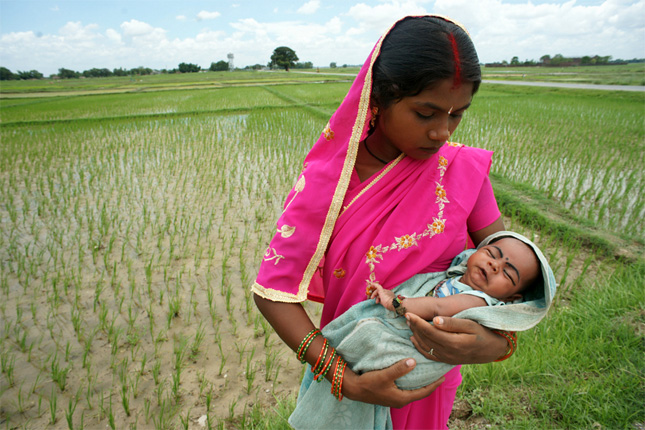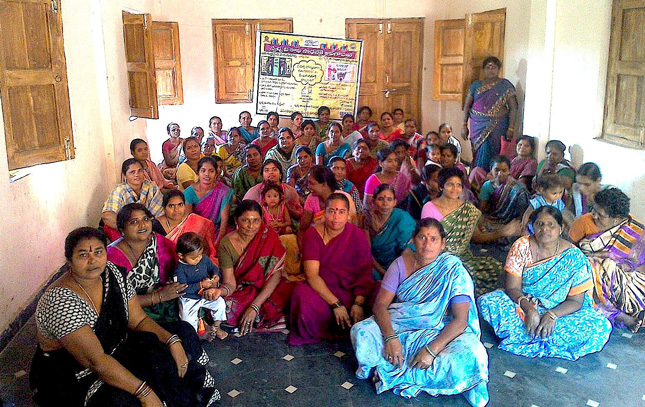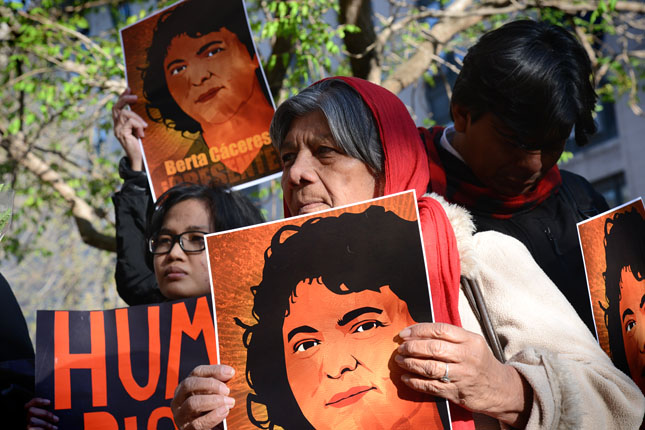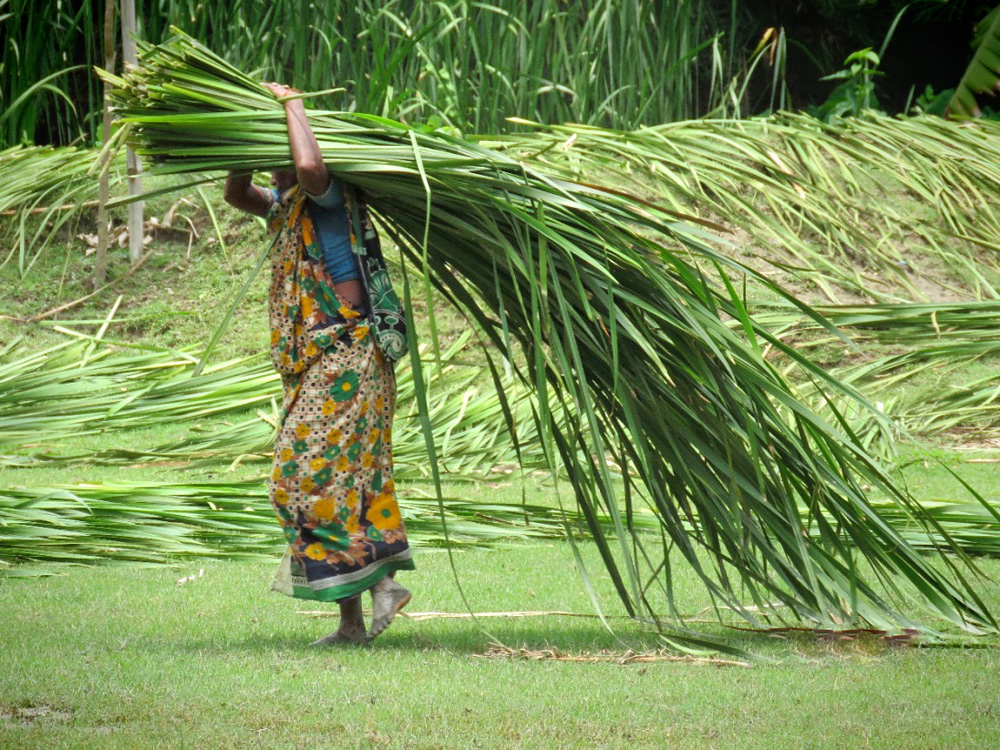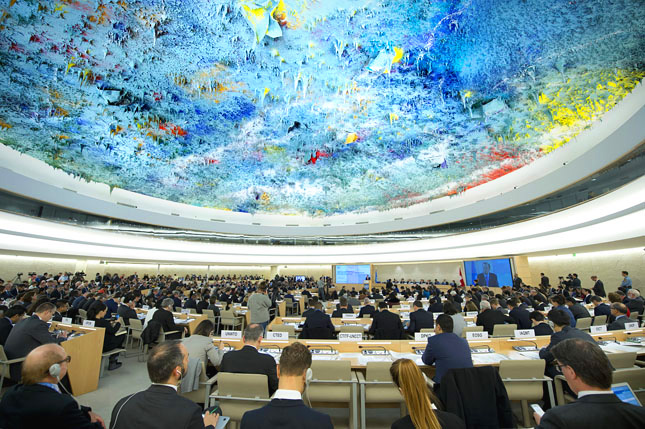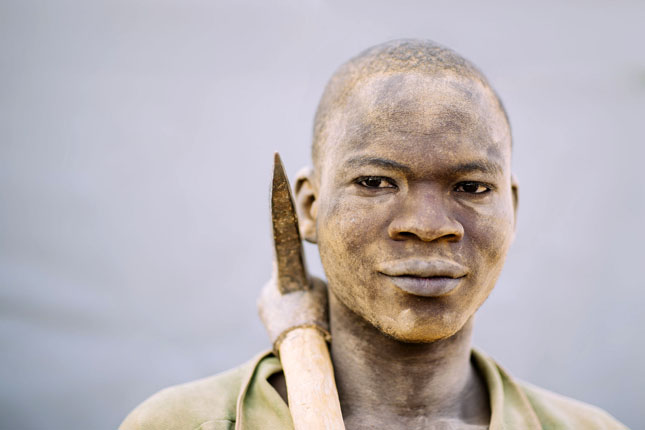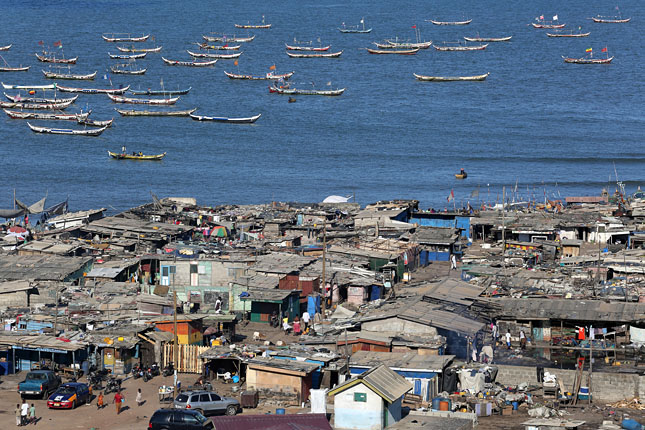-
New Approach to Sanitation May Help Fast-Growing Urban Areas Achieve SDGs
›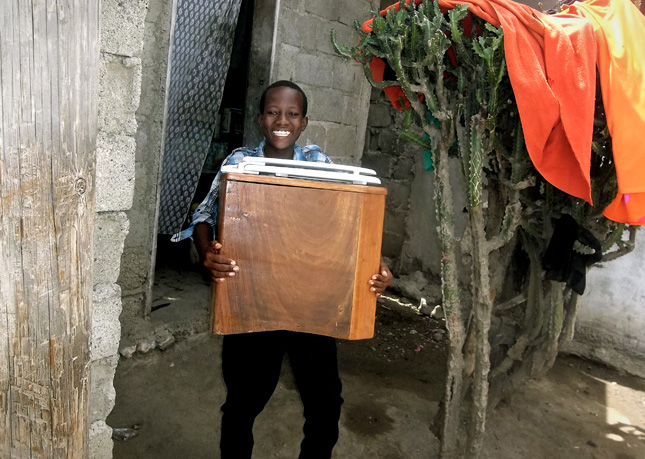
In the late 1990s, world leaders came together to create the Millennium Development Goals – time-bound, quantified targets for addressing extreme poverty and human health and well-being. Notable among them was to “halve, by 2015, the proportion of the population without sustainable access to water and sanitation.”
-
Family Planning and Environmental Sustainability: Assessing the Evidence
›
“There are truly global-scale environmental challenges, and they need to be dealt with by thinking of solutions at the same scale,” said Thomas Lovejoy, a senior fellow at the United Nations Foundation, at the Wilson Center on June 29. The interaction between human population and environmental degradation is one of these challenges. [Video Below]
-
Christian Holmes, Global Waters
USAID Effort Joins Women’s Groups to Improve Sanitation in Vizag, India
›July 14, 2016 // By Wilson Center Staff
At USAID we recognize the threat poor sanitation combined with rapid urbanization presents to human health, dignity, and prosperity. This is why we have made urban sanitation a global priority for the Agency. During a recent visit to India, I was able to see some of the work being done to bring sanitation services to urban areas, and had the good fortune to meet some inspiring women who are advancing these efforts in their communities.
-
Human Rights and the Environment: How Do We Do Better?
›
2015 was a deadly year for environmental activism. According to Global Witness, 185 activists were killed, a 60 percent increase from 2014. Of the victims, 40 percent were indigenous people, like Berta Cáceres, who spoke at the Wilson Center last year and was shot and killed in her home in Honduras this March. [Video Below]
-
Finding Resilience in the Aftermath of Cyclone Roanu in Bangladesh
›In 1970, Cyclone Bhola slammed into East Pakistan – present day Bangladesh – with sustained winds of 150 miles per hour, killing as many as half a million people. In 2007, Cyclone Sidr killed 3,406 people in Bangladesh. This year, Cyclone Roanu killed just 30. What’s behind this huge decline in mortality? What has Bangladesh done differently?
-
Climate Policy vs. Climate Ethics? A Debate on Justice and Our Global Future
›
As the international community looks to the Paris climate agreement and beyond, a key question emerges: Will strong ethical arguments or pragmatic national interest lead to a safe and sustainable future? Can these two perspectives coexist? [Video Below]
-
Africa Has the Demography for Dividends, But Will it Get the Policy Right?
›
In recent years, the demographic dividend has garnered enormous traction in African policy circles, and leaders and policymakers have begun to see it as a strategy for achieving their economic growth targets.
-
Perception Matters: New Insights Into What Determines Resilience
›
Resilience is increasingly recognized as a powerful concept to help practitioners, academics, and policymakers better understand how people respond to shocks and stressors, and how those responses can be linked to longer-term positive or negative development outcomes, such as wellbeing or food (in)security.
Showing posts from category poverty.


